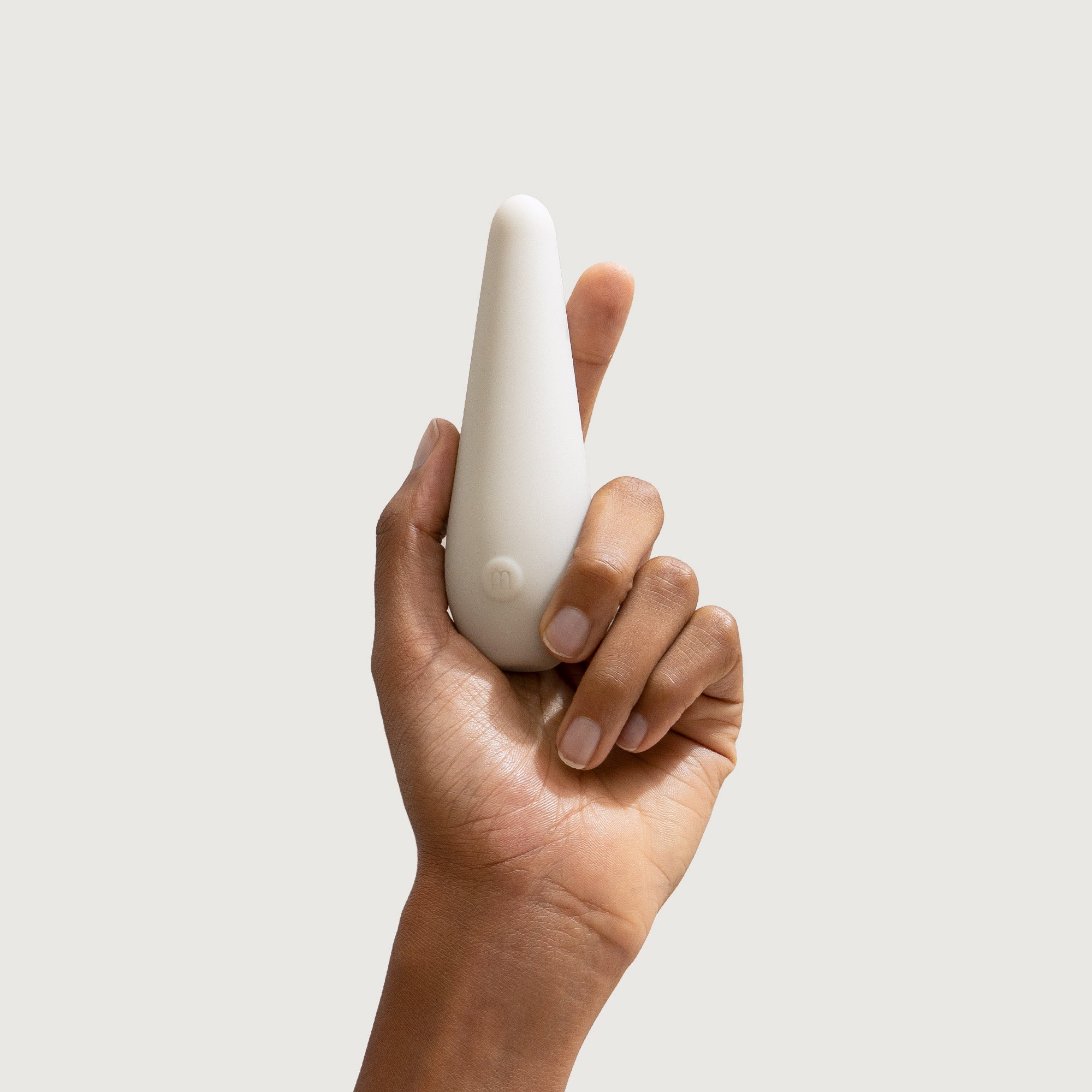The evolutionary necessity of masturbation.

Surely your arms are exactly the right length for a reason?
Universal behaviors happen for a reason—generally speaking, if everyone in the world behaves in the same way, it’s because it makes sense for the survival of a species. One fairly universal human behavior is pleasuring oneself. What, then, are the evolutionary processes at play behind this? The short answer is, science isn’t 100% sure. But there are theories—oh, there are theories...
Out with the old, in with the new
In the 1990s, a pair of British evolutionary biologists came up with a model of why men had evolved the ability to masturbate. They concluded that old sperm just aren’t as good as new sperm, so keeping a regular turnover meant that, when partnered sex took place, fertilization by a healthy sperm was more likely. Sperm has a shelf-life of about a week, and regularly getting rid of the older stuff meant only the freshest, healthiest, and strongest were on offer.
However, in the animal kingdom, masturbation doesn’t go to completion as much as in humans. It’s all journey, no arrival—animals lounge around “self-comforting” for hours on end without climaxing, which doesn’t do anything for the sperm-refreshing theory.
Primed to perfection
Some Cambridge primatologists studying macaques posited that one reason for their near-constant auto-fondling could be to speed up copulation. Being halfway there most of the time increased the chances, particularly in lower-status males, of successfully ‘sneakily’ mating to completion before being interrupted.
There is also one species of desert squirrel in which the male frequently masturbates into its mouth. This is thought to be both a hygiene thing and a moisture-retention one – cleaning itself out and reducing the chances of transmitting an infection to a female while retaining all its water, a pretty important thing in the desert.
Life finds a way
Female masturbation is less common in the animal kingdom due to a lot of species having an internal rather than external clitoris, and not sharing humans’ luck in having limbs exactly the right length. However, plenty of species figure it out. Penguins rub themselves against rocks and slide along the ice. Dolphins rub themselves against the ocean floor. Spider monkeys sometimes use their tails, while chimpanzees have been known to use mangoes to pleasure themselves.
There are a lot of health benefits to female masturbation in humans. The process of ‘tenting’ – the opening of the cervix that takes place as part of the arousal process—stretches the cervix, allowing bacteria to be flushed out and helping to prevent cervical and urinary tract infections. It’s also been linked to a lower risk of type-2 diabetes. In males, frequent ejaculation is linked with a lower risk of prostate cancer.
Feeling good feels good
However, the likelihood is that these are ancillary benefits, and people – and animals—masturbate simply because it feels good to do so. Feeling good is good for you—in both men and women, masturbation can boost the immune system by increasing cortisol levels. Orgasms lower blood pressure and reduce stress. A happier species is a healthier species, and therefore more likely to survive: the more we come, the further we’ll go.




